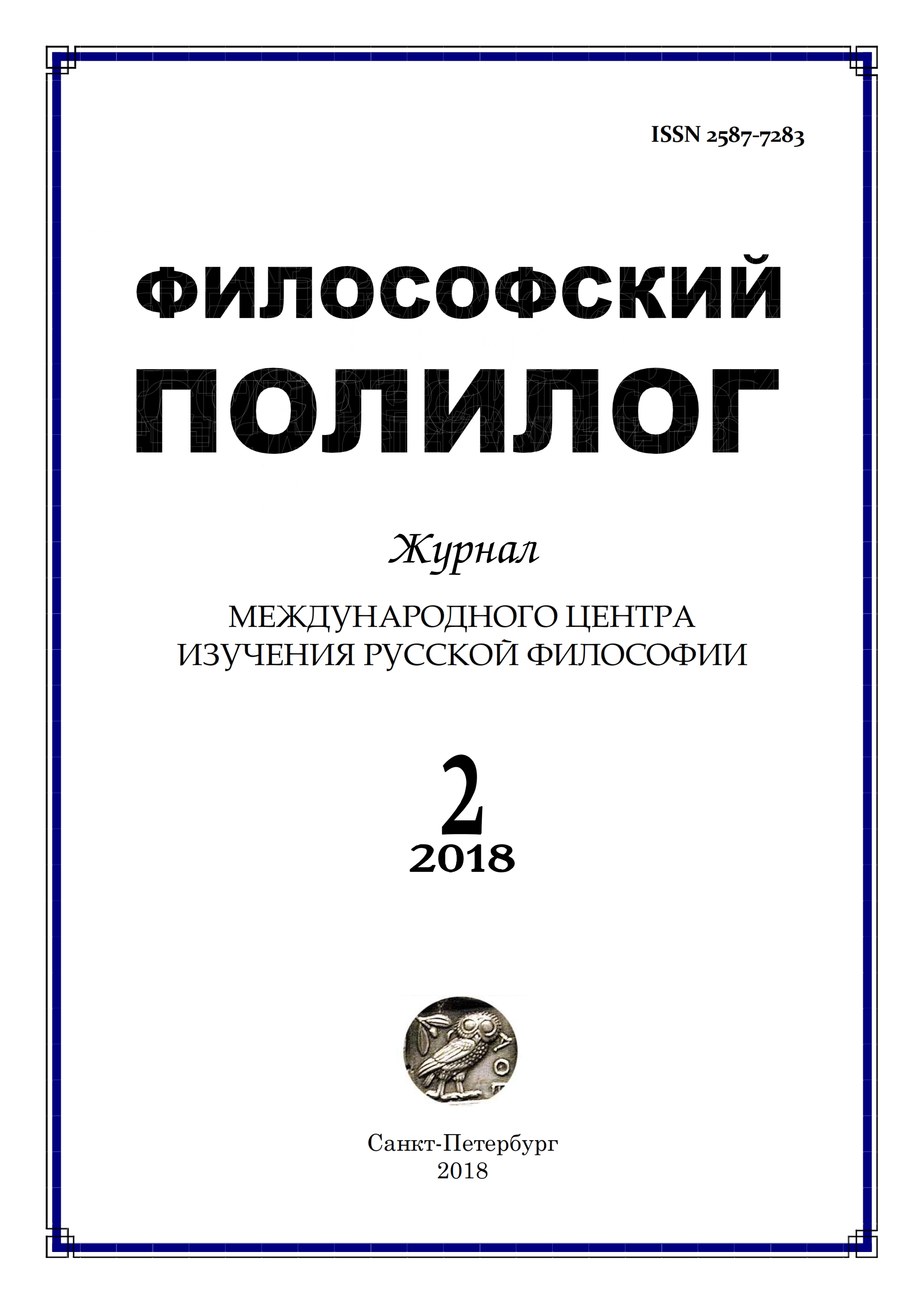Phenomenon of “Russian Prague”
Abstract
The article is dedicated to the phenomenon of the “Russian Prague” in comparison with other centers of the Russian diaspora in the inter-war period. Its characteristics are in many ways explained by the special program of the Czechoslovakia government for support of Russian emigrants (“Russian Action”) – preferences for persons with high education level, the aim to recruit scientists, highly skilled professionals and students. Thereby for Russian Prague not only a considerable number of different emigrant educational institutions was significant, but also the incorporation of the main part of the Russian diaspora in Prague into the educational process. The status of the educational center of the Russian diaspora was expressed through such self-designations as “Russian Oxford” or “Russian Athens”. The emigrant “educational utopia” and some other characteristics of the “Russian Prague” are considered: the role of the “crossroad” when moving from Russia to countries of the West Europe, the place to choose a further life path; the perception as a “near abroad”, as a Slavonic country; ambition to be a political center because of the pre-revolutionary relationships between some members of the political elite of the Czechoslovakia, who had opportunity to render assistance; the position in the centre of Europe, in the crossing point of different nationalities and cultures, which stimulated reflection on the problems of international and intercultural interaction.
References
Voloshina, V.Yu. Status i rol' narodnykh universitetov v russkom zarubezh'ye v 1920-ye gody [The status and the role of public universities in the Russian abroad in the 1920s], in ONV, 2009, No. 6 (82).
Kovalev, M.V. Russkiye istoriki-emigranty v Prage (1920–1940 gg.) [Russian émigré historians in Prague (1920–1940)], Saratov: Saratov State Technical Uni¬ver-si¬ty, 2012.
Pashuto, V.T. Russkiye istoriki-emigranty v Yevrope [Russian émigré historians in Europe], Moscow, Leningrad: Nauka, 1992.
Tsepennikova, A.N. Transgressiya kontsepta “Dom” v literature emigratsii chetvertoy volny [Transgression of the concept “House” in the fourth wave emigra-tion li¬te¬ra¬ture], in Ural'skiy filologicheskiy vestnik. Seriya “Russkaya literatura XX–XXI vekov: napravleniya i techeniya” [Ural Philological Bulletin. Series “Rus-sian lite¬ra¬tu¬re of the 20th–21st centuries: directions and trends”], 2014. No. 4.
Mach, J. Ruská lidová/svobodná univerzita v Praze 1923–1945, in National Li-brary of the Czech Republic. URL: text.nkp.cz/slovanska-knihovna/odborne-cinnosti-publikace/odborne-projekty/prague-perspectives1/obsah-s-resume-v-cestine/res-mach.
Pospíšil, I. Art Quintessence of Prague Emigrant’s Experience in Novel “Tundra” by Eugene Liatsky, in Pitannâ lìteraturoznavstva [Questions of literary studies], 2015, No. 91.
Tikhanov, G. Why did modern literary theory originate in Central and Eastern Eu-rope? (And why is it now dead?) // Common Knowledge. 2004. No. 10.

